After a dental implant, the gum heals and forms a seal around it. Sometimes, the gum grows too much and covers the crown or post. This can make cleaning hard and may cause an infection. In this article, we explain what dental implant gum is, what can go wrong, and how to keep it healthy.
Table of Contents
ToggleUnderstanding Dental Implant Gum
Dental implant gum grows naturally after the dentist places the implant. The gum protects the area by sealing around the implant. This helps keep out food and bacteria. In some cases, the gum tissue grows higher than expected and covers the post or crown.
This may cause swelling, discomfort, or poor cleaning. The dentist can trim the tissue or guide it back with a healing cap. Keeping the gum healthy helps protect the implant.
What Is the Role of Gums in Dental Implants?
Gums play a strong role in keeping dental implants safe. Dental implant gum holds the implant steady and keeps bacteria away from the bone. Healthy gums support the crown and help the implant look like a real tooth. When the gums become too thick or weak, the implant may become loose or infected. Gums must stay in the right shape to protect the area and help the implant last.
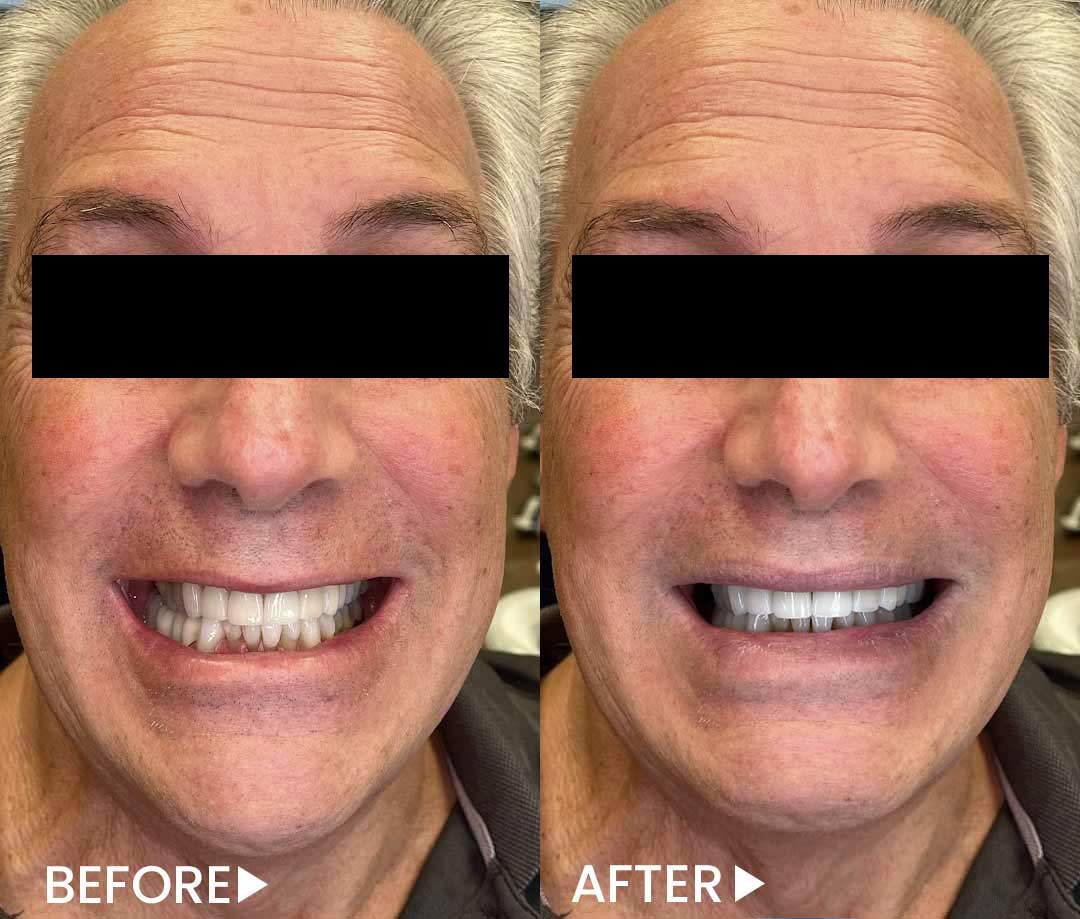
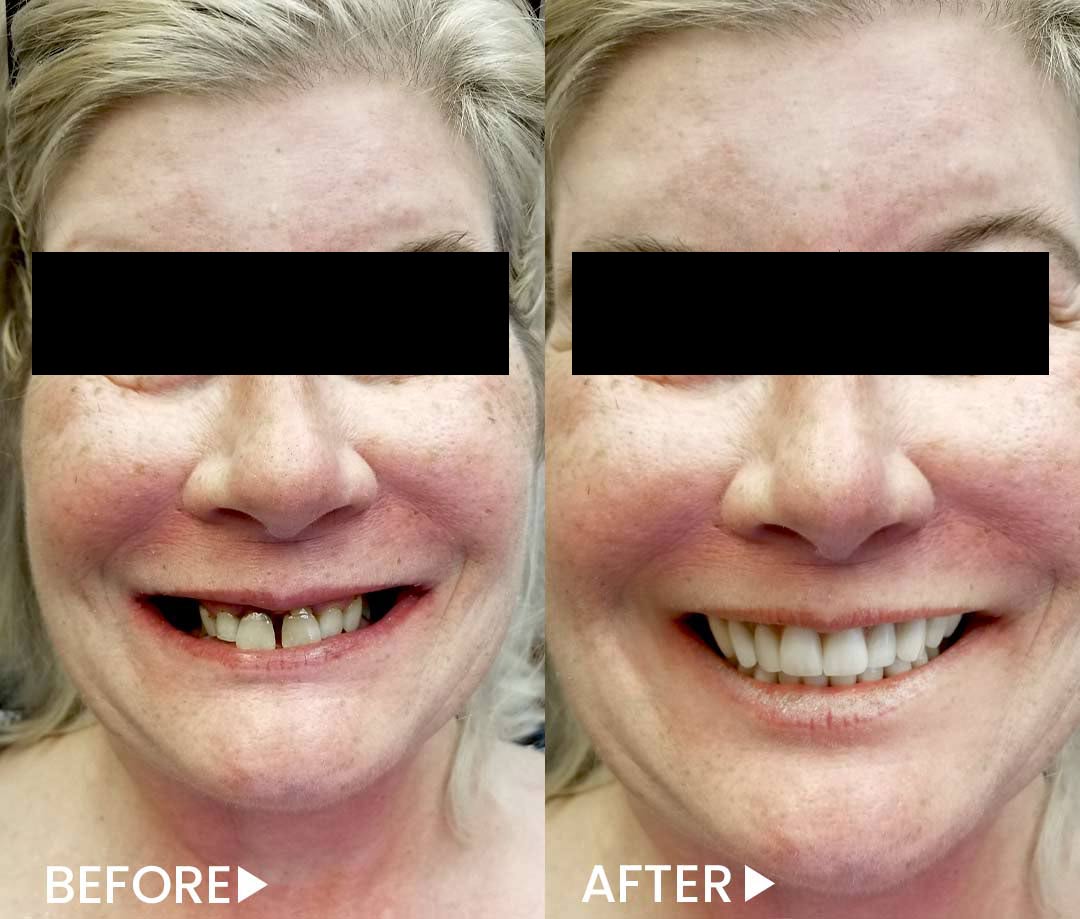
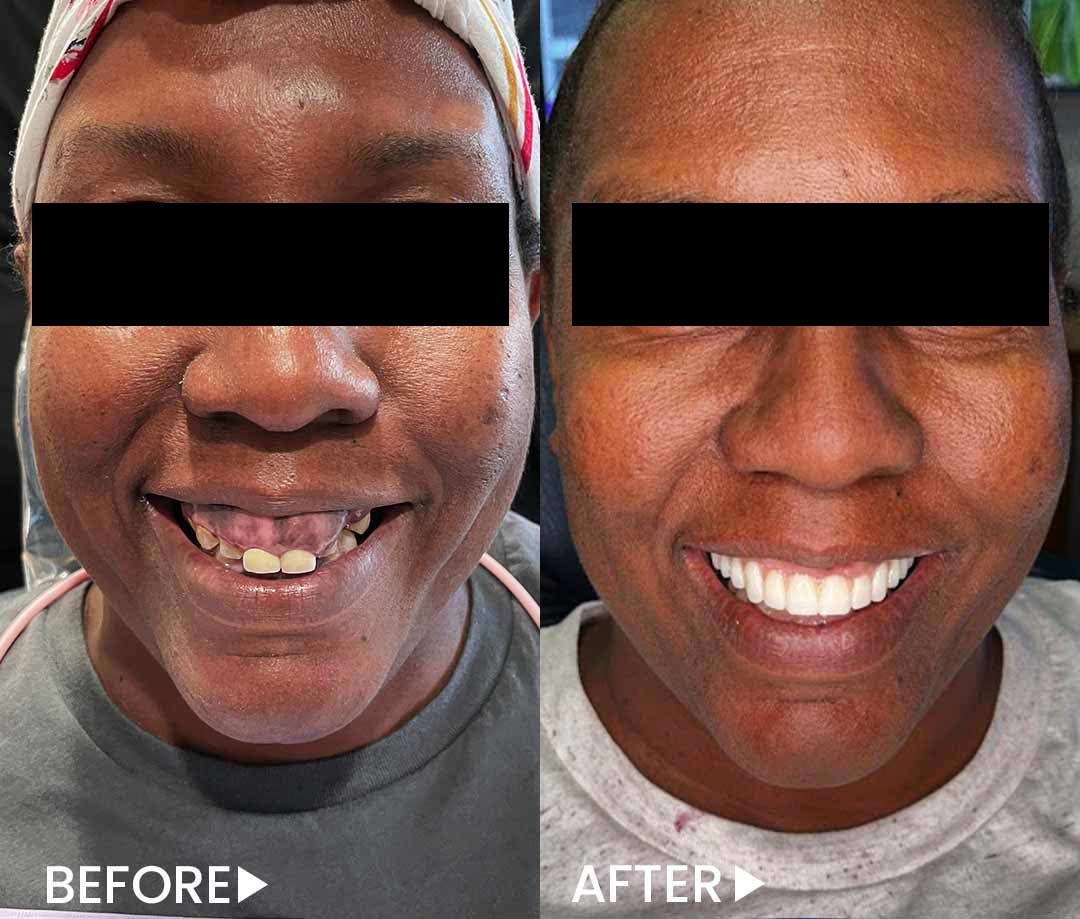
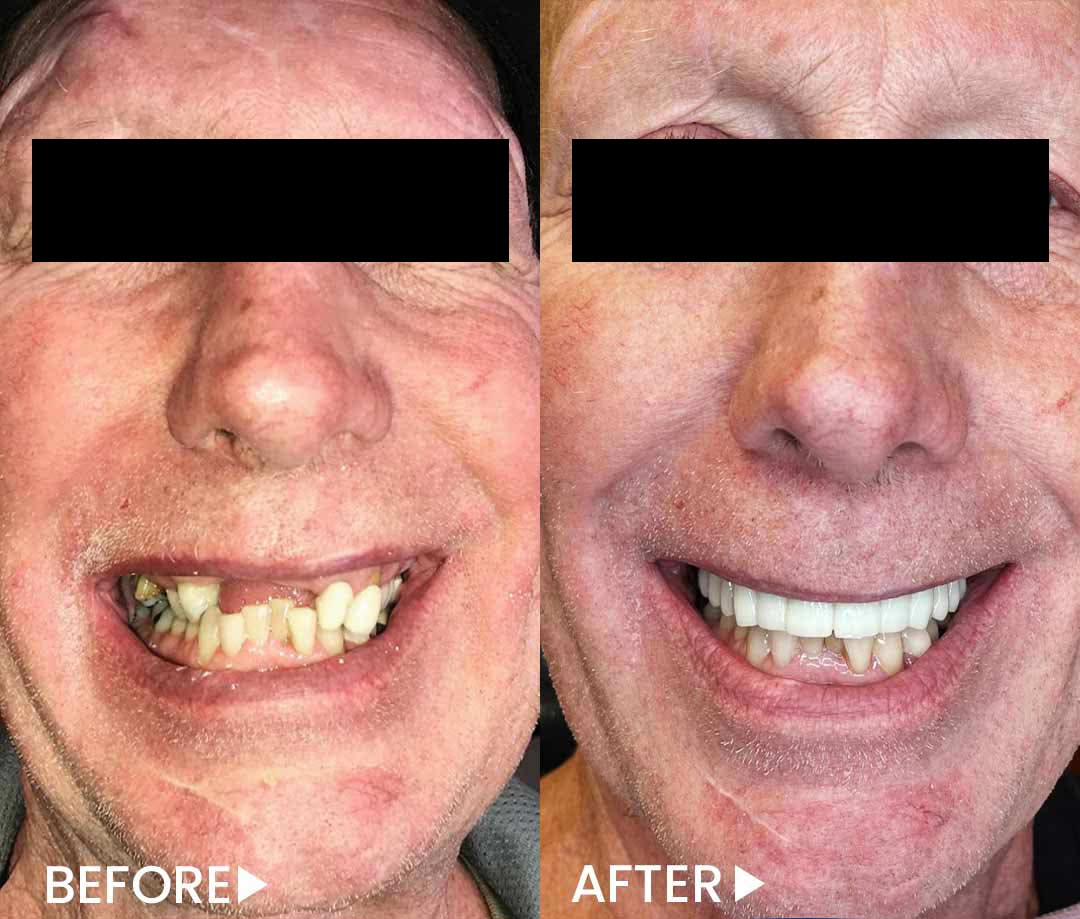
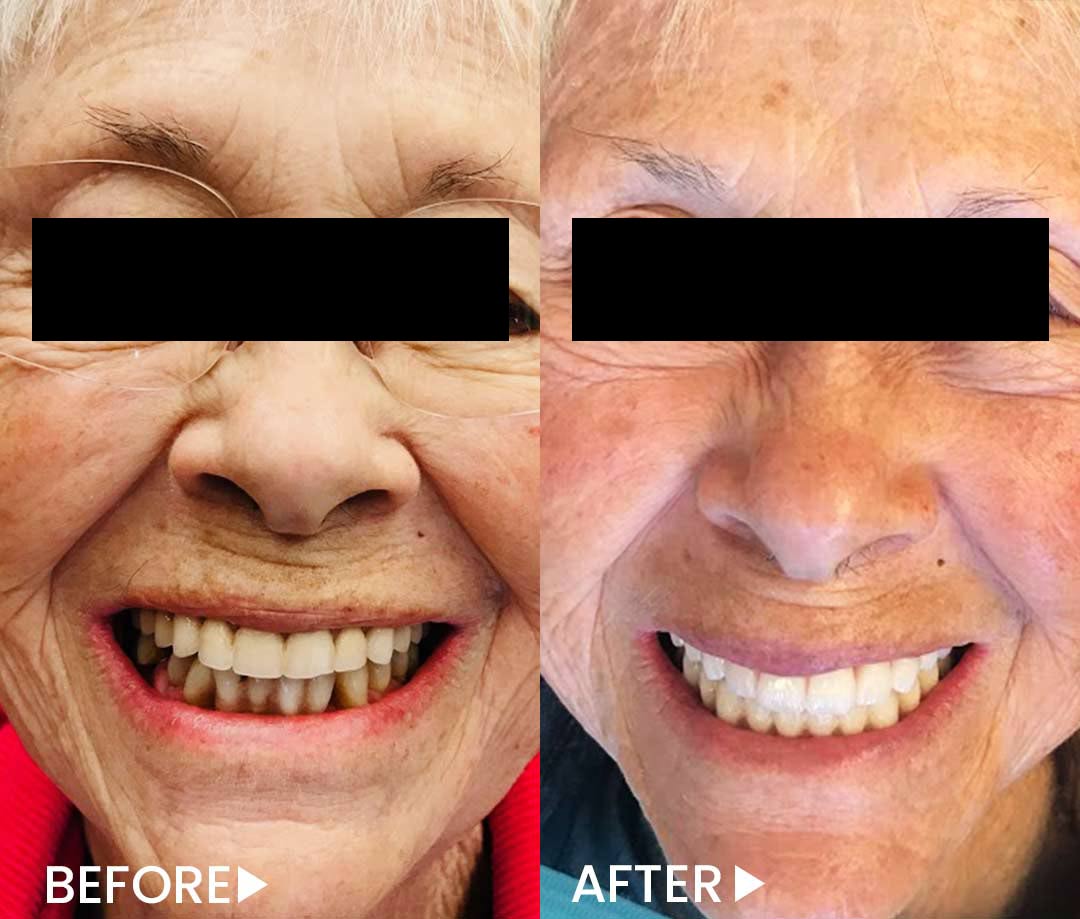
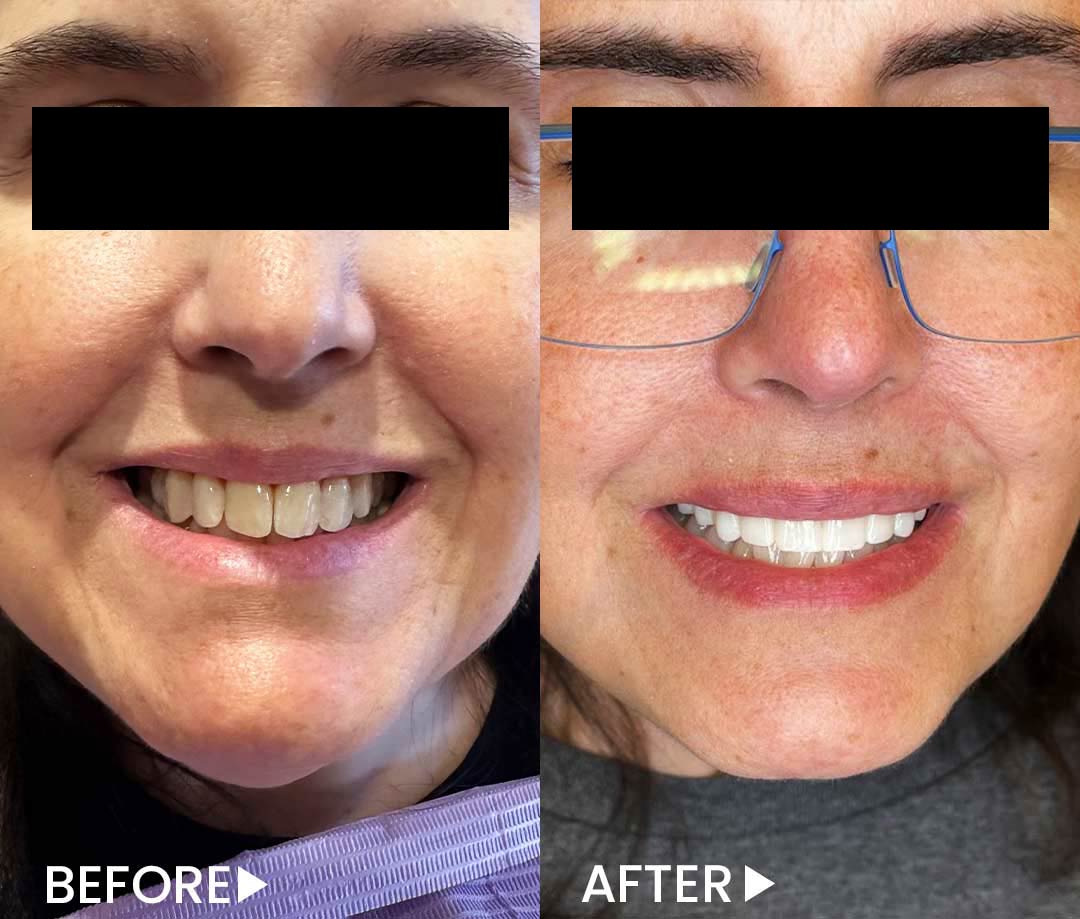
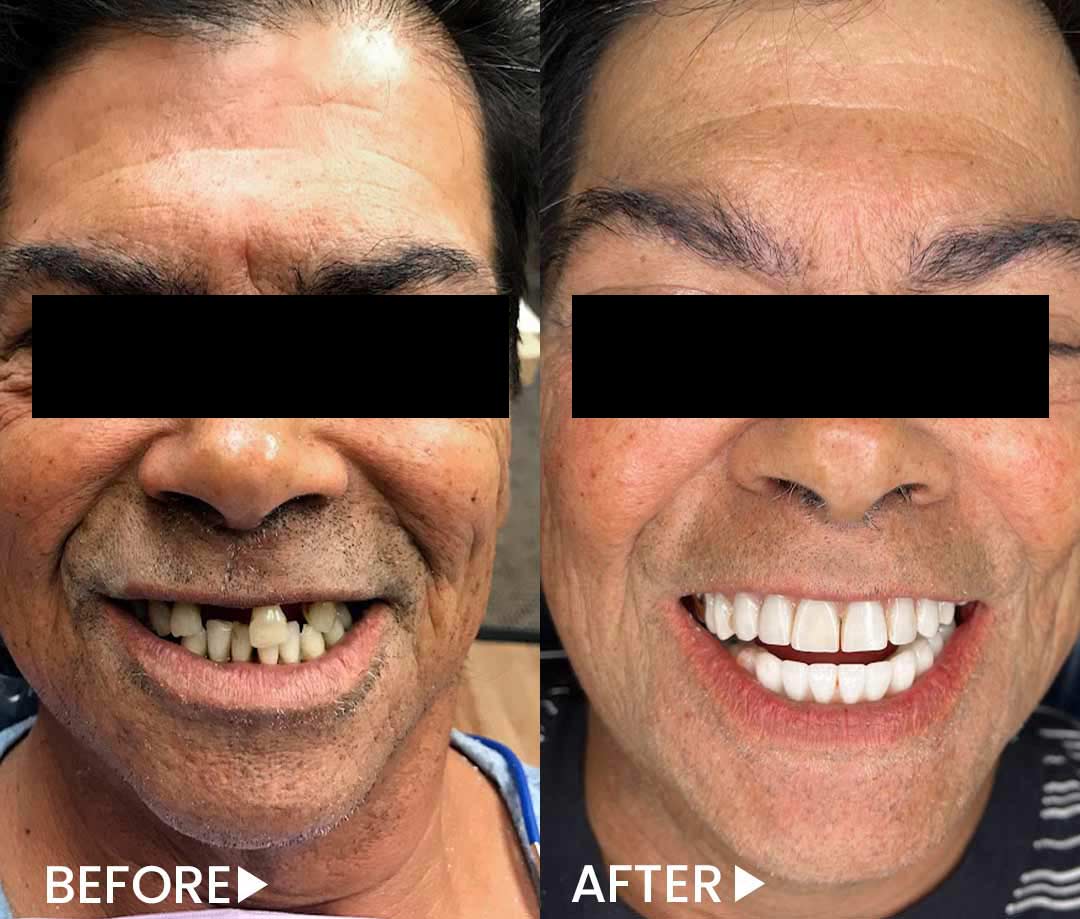
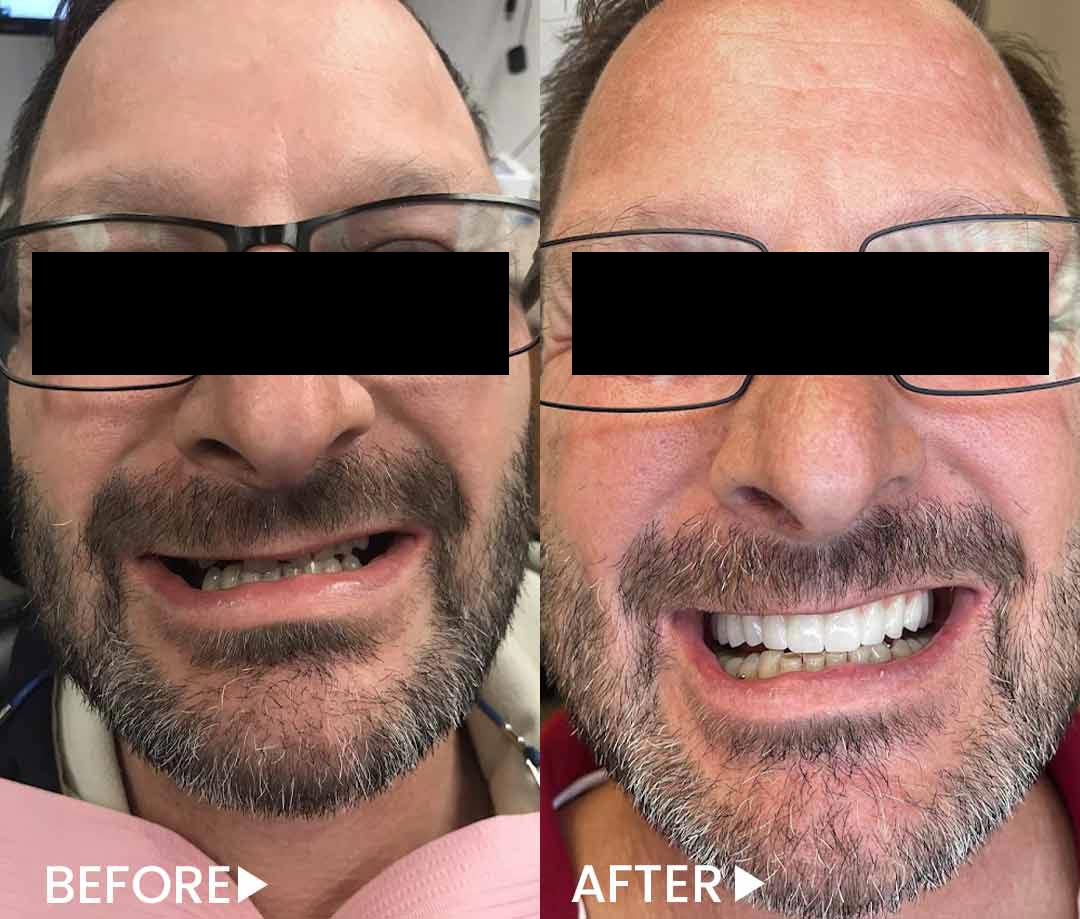
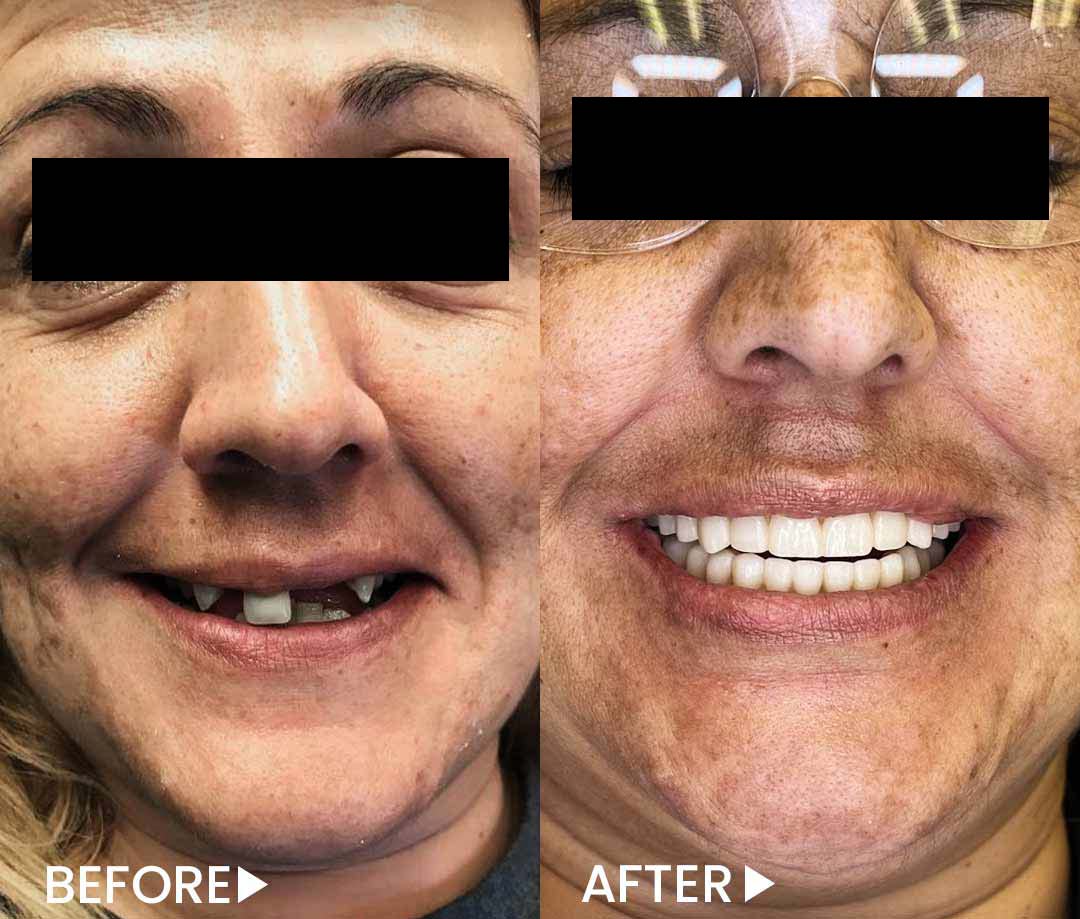
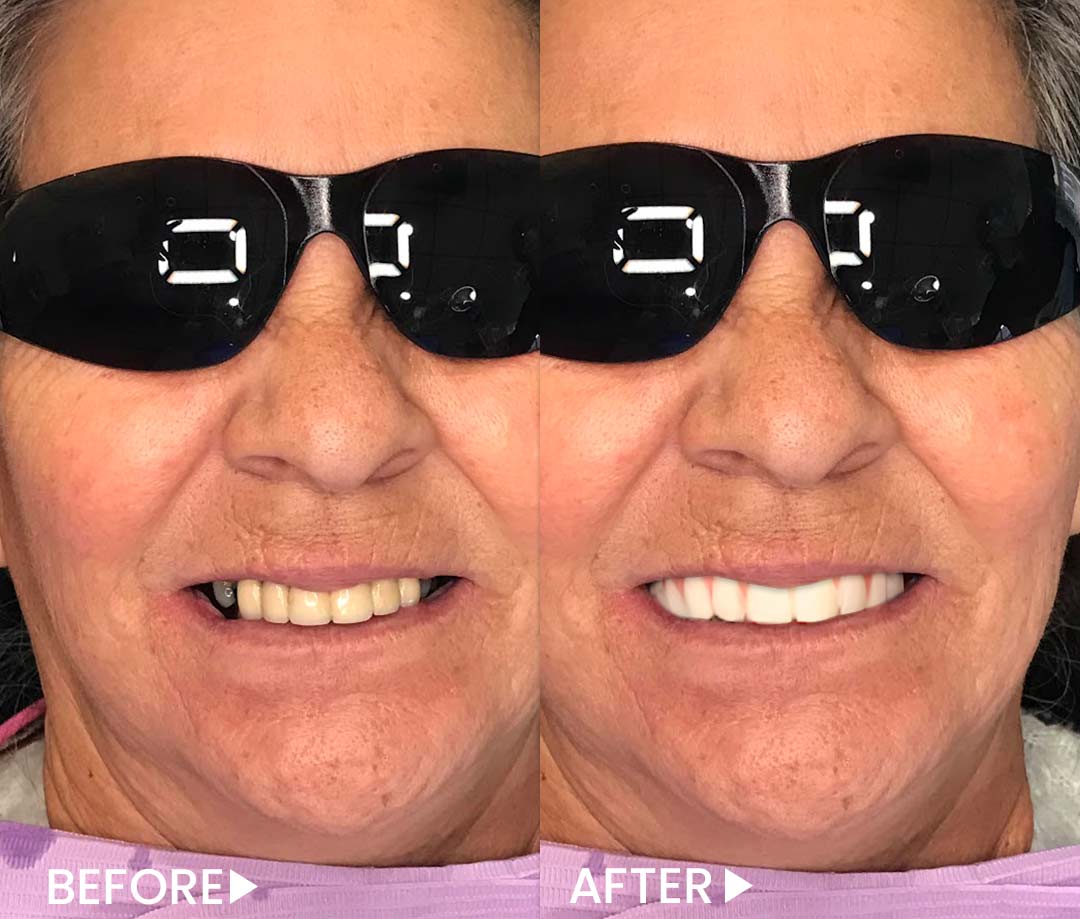
Factors That Affect Gum Growth Around Implants
These issues can lead to problems with Phoenix dental implant gum:
- A missing healing abutment can cause the gum to grow over the implant post.
- Not brushing well or letting food build up can make the gum swell and grow too much.
- Smoking slows healing and makes the gum weaker.
- Health problems like diabetes can change how the gum grows.
- Some medicines can make the gum grow faster or become too thick.
What If Gums Cover a Dental Implant?
When dental implant gum grows too much and covers the crown or post, it can lead to several complications:
- Food gets trapped under the gum
- Bad breath may develop
- The area becomes hard to clean properly
- Gums may bleed during brushing
- Swelling or redness may appear
- Pain may occur around the implant
- Bacteria can build up under the gum
- Infection can develop if not treated
- The implant may loosen over time if the issue continues
Click Here If You Want to Learn about All on 4 Implant Dentistry.
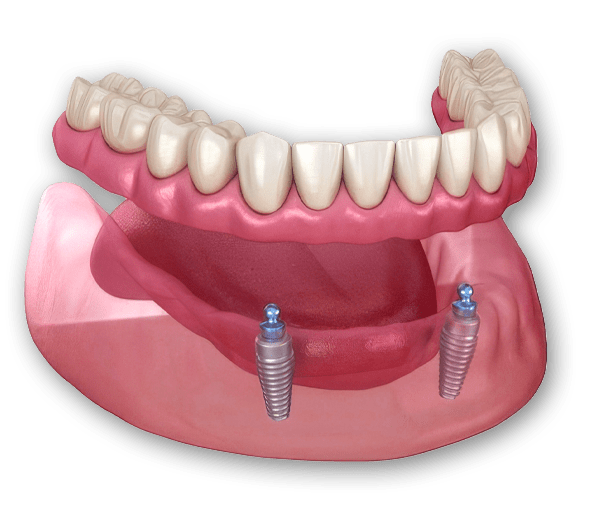
$12,900! $6,900!
- Complete Oral Evaluation
- Cone-Beam CT Scan
- 2 Implants per arch
- Implant Retained Overdenture
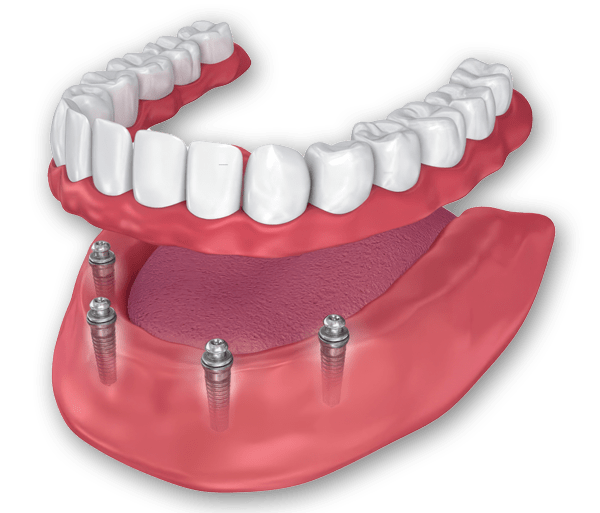
$17,900! $11,900!
- IV Sedation
- All extraction
- 4 Implants per arch
- Bone Graft
- Same Day Teeth
Get Your Complementary Dental Implant Exam
(Valued at $495)
How to Prevent Gum Overgrowth Around Implants?
You can prevent dental implant gum from growing too much by taking the right steps. These actions help keep the gum healthy and protect the implant.
- Follow all the instructions your dentist gives after surgery
- Use a healing cap to guide the gum as it heals
- Brush your teeth every day and clean around the implant carefully
- Avoid smoking because it slows down healing
- Manage health problems like diabetes as advised by your doctor
- Take your medicines the way your doctor tells you
- Visit your dentist to check the implant and gum condition
Let’s Recap
Dental implant gum helps protect and support your implant. It grows during healing and forms a seal around the area. Sometimes, the gum grows too much and covers the crown. This can cause pain, infection, or trouble cleaning. The best dentist in Phoenix can fix this with simple care. Keep your mouth clean and follow your treatment plan. Dental implant gum stays healthy with good care and regular visits.
FAQs
How long does it take for gums to heal after dental implant surgery?
It takes about two to six weeks for the dental implant gum to heal after surgery. The tissue seals the area and protects the implant.
Can gum disease affect my dental implants?
Yes, gum disease can damage the bone around the implant. It may cause swelling, pain, and implant failure. Clean your mouth daily to protect the dental implant gum.
What to do if I notice my gums receding around my implant?
Call your dentist if you see the gum pulling away from the implant. Receding dental implant gum may lead to bone loss or infection.
When should I see a dentist for gum issues around implants?
You should see a dentist if the gum looks red, swollen, or covers the implant. Early care keeps the dental implant gum healthy and prevents problems.


